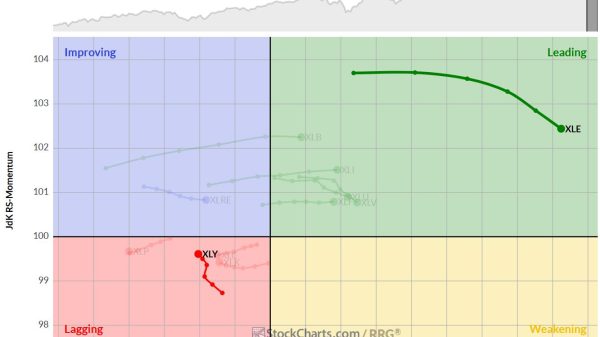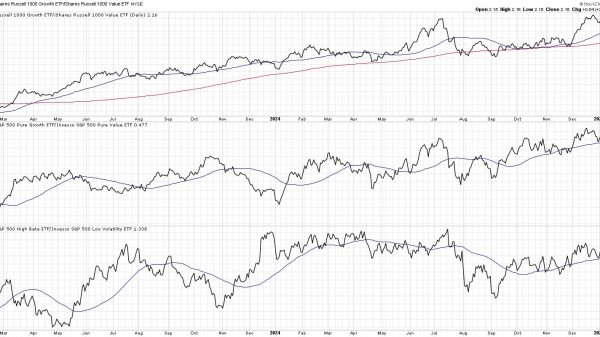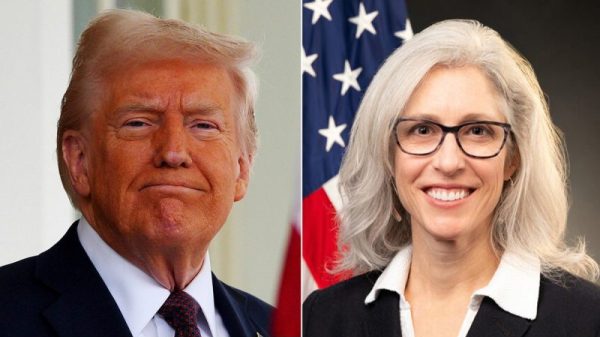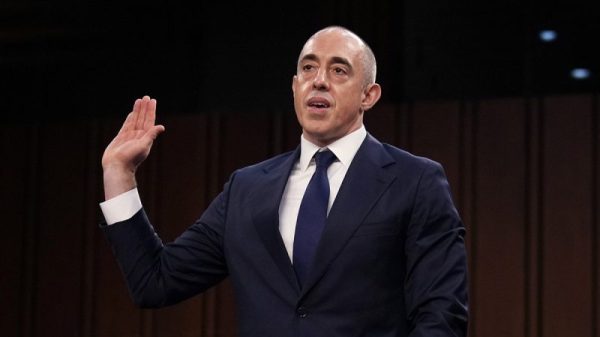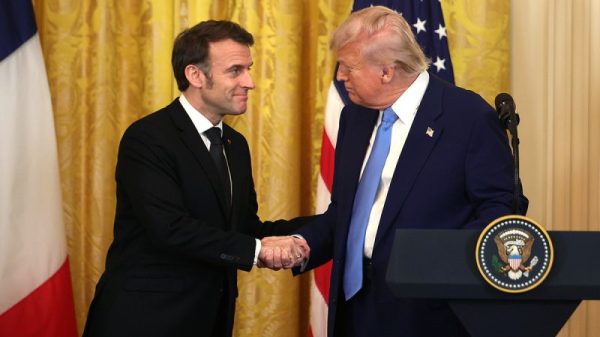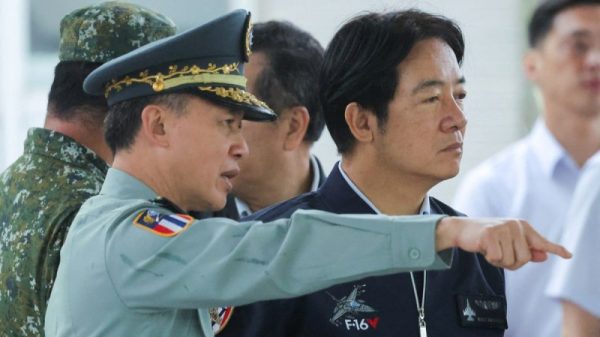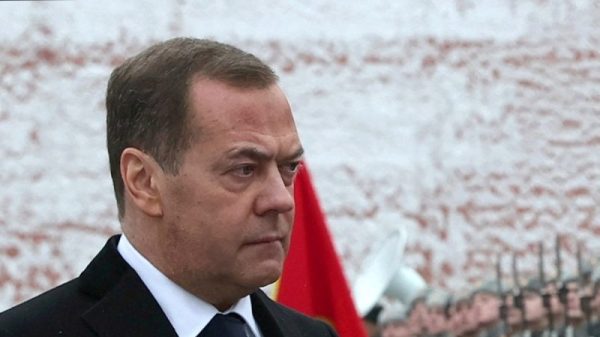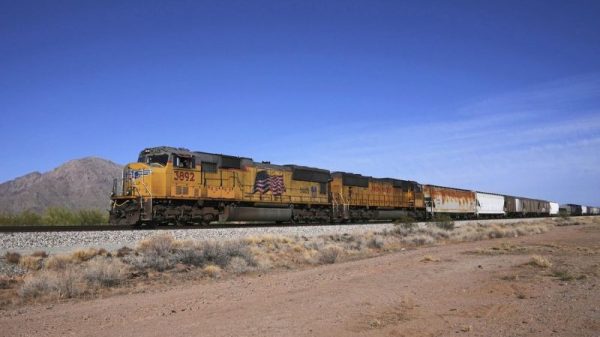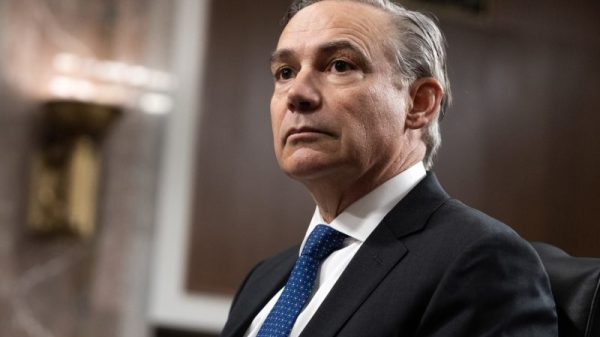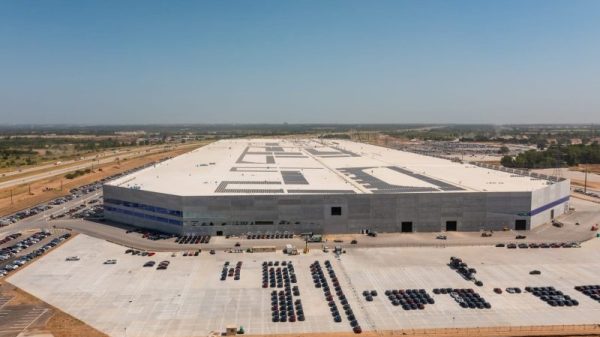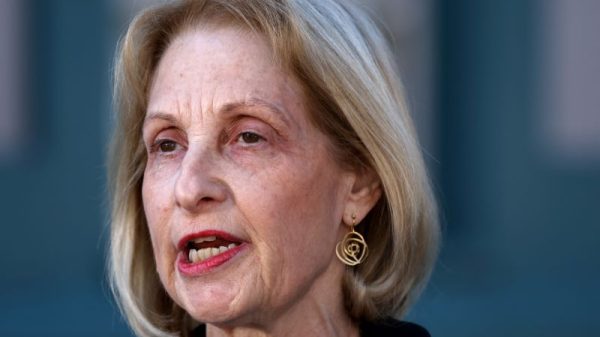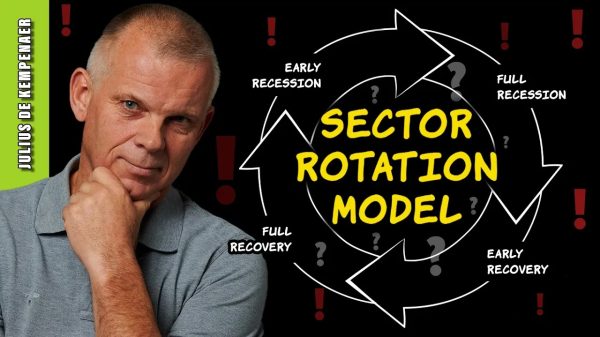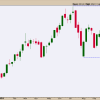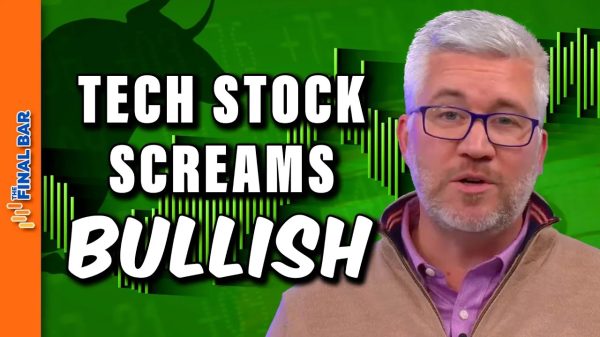Economist Thomas Sowell once remarked: “The first lesson of economics is scarcity: There is never enough of anything to satisfy all those who want it. The first lesson of politics is to disregard the first lesson of economics.”
This statement underscores the perpetual tension between economic principles and political expediency, a tension vividly exemplified in the realm of trade policy. Much like the previous Trump administration, the Biden administration is shoring up support through poor trade policies. My previous article, “Modern Mercantilism: A Case for Free Trade,” delves into the catastrophe that governments make when intervening in free trade.
This year the stage is set for a rematch between incumbent President Joe Biden and former President Donald Trump. This year, the stakes are raised. Therefore, blatant ignorance concerning American trade policies are underway. “Steeling the show” on December 18, 2023, Japanese firm Nippon Steel acquired in an auction US Steel outbidding other US firms such as ArcelorMittal, Cleveland Cliffs, and the largest US Steel manufacturer, Nucor. On February 4th, US Steel reported in its Full Year 2023 Financial Report a net loss of 80 million dollars and noted the acquisition by Nippon Steel, “It is the right transaction not only for US Steel stockholders, but also for our employees and customers. US Steel will retain its iconic name and headquarters in Pittsburgh, Pennsylvania, reinforcing its commitment to employees, customers, and local communities. The combination of two innovative steel companies strengthens the competitive landscape of the steel industry.”
Fast forward to this month, where President Joe Biden promised to thwart the purchase calling it, “vital for it to remain an American steel company that is domestically owned and operated.” It was not long ago that candidate Joe Biden, during an interview with NPR, stated the US had engaged in inappropriate behavior concerning the China US Trade War and subsequent tariffs. It now appears this administration will intervene in steel production and the ongoing Chinese Trade War.
The Biden Administration has not only kept up the Chinese Trade War, it has nearly doubled its collections. According to the Tax Foundation, 89 billion dollars were collected under the Trump Administration, this pales in comparison to the 144 billion dollars the Biden Administration has collected. The tariff sledgehammer Section 301, enacted by the Trump Administration, has grown by roughly a third under the Biden Administration. On top of this, repeated panic to recover American manufacturing remains repugnant. Cato Institute’s Associate Director Herbert A. Stifel Center for Trade Policy Studies Colin Grabow wrote last year, “the United States remains a manufacturing powerhouse. In 2020 it was the world’s fourth‐largest steel producer and in 2021 was the second‐largest automaker and largest aerospace exporter.”
The Biden Administration plans to import votes, instead of steel. US Steel headquarters, as noted, is in Pittsburgh, Pennsylvania, a state that Biden won by razor thin margins in 2020. Additionally, attempt to block the Nippon Steel deal has brought back the original losers of the 2023 auction. CEO of Cleveland Cliffs, Lourenco Goncalves, in a recent interview, noted his enthusiasm to buy US Steel and support union labor. The same United Steel Workers Union that supported President Biden in the 2020 election potentially presents him with new voters in crucial swing states.
This intervention distorts competition in the US. Cooperation between conglomerates can be swept aside by the government for political gain. Ultimately, it is the public who pays for these political plays. The prices of steel worldwide have increased since January 2016 from roughly 250 dollars per metric ton to January 2023 at 572 dollars per metric ton. Government intervention into the steel market will present additional mayhem to the volatile market. The invisible hand, once the private cooperation of supply and demand, has been replaced by government intervention and price distortion. Ignorant of the first lesson in economics, our government exists in a world without scarcity.







